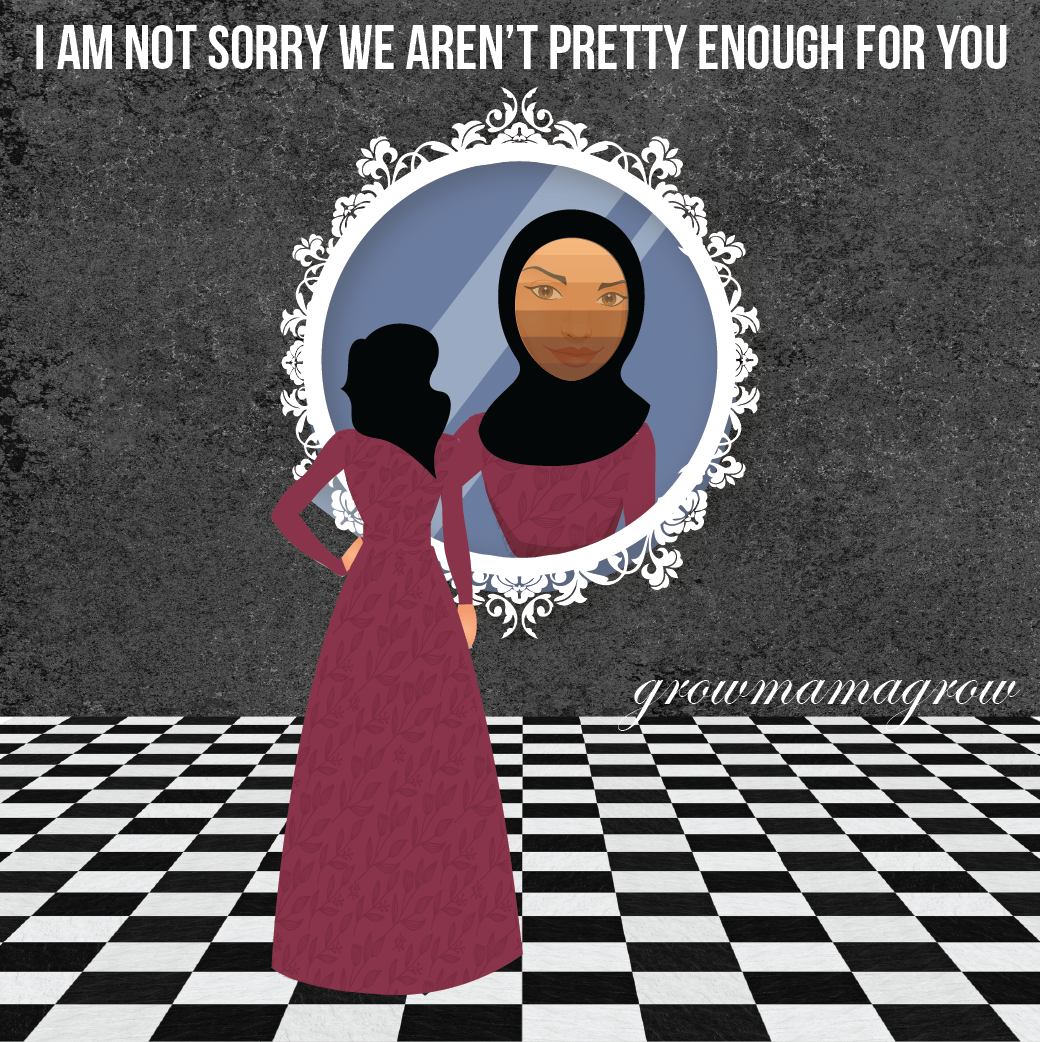In many places in the Muslim community, and indeed within many Muslim families, we are accepted and well-regarded when we keep in time to the beat. March to a different tune or sing solo and many individuals literally find themselves clobbered or trampled.
It is usually much more subtle than I just described, but when some of us meet an idea that rubs us the wrong way, we immediately judge and go into a restrained yet aggressive debate mode. We think there is right, there is wrong, and it is our mission to distinguish between the two. I know I have done that on many occasions.
Yet although Islam has foundational principles, there is an enormous expanse of the Islamic way of life that is flexible, highly adaptable, and subject to differences. Unfortunately, many Muslims unwittingly rob Islam of that beautiful dimension by confining it to boxes of black and white. Many Muslims have a strange need for control and conformity in order to protect ourselves and our children, which perhaps was inherited from a different time and place.
Instead, an attitude of open-mindedness and dialogue, even when the stakes are high, can totally transform the fabric of our families and communities. No one in our community or families should be afraid of being “jumped on” if they express a genuine opinion or question, no matter how contrary or outrageous anyone may think it is. Nothing is ever lost in a free exchange of ideas. On the other hand, personality, identity, confidence, pioneering ideas, children, and even individual faith itself, can be lost if dialogue is stifled.
Dialoguing is working with the person to find common ground, understanding where they are coming from, connecting, sharing perspectives, and exposing our own opinions to possible illumination and improvement. Dialogue is empowering for everyone and there is no winner or loser. It is an attitude and not just a style of communication. Within a family, debate may prove a point or result in short-term conformity, but dialogue will help a child feel understood, validated, and respected, whether or not she ends up changing her mind.
Here is an example of debate vs. dialogue:
“I don’t understand why women can wear hijab. It is so limiting!”
Debate mode: “It’s not limiting at all. In fact, it’s actually liberating.”
“How can you say that? How can you reject one of the rulings of Allah (swt)?”
Dialogue mode: “I’m interested in hearing why you think that.”
“Hmmm, I can’t swim very well, that’s true! But I wear hijab and I don’t feel it limits me at all because I wear it as an expression of obedience to God. Do you think maybe it’s a lot of the cultural baggage that is actually limiting Muslim women in our communities?”
In debate mode, we would probably end either winning the argument, losing it, or ending with silence after one party ended a one-sided lecture. And often, it is the most eloquent or aggressive argument that wins, not the truth.
In dialogue, you get to say what you think without intimidating, squashing, or defeating the ideas they just articulated. In the above example, the two people may actually find they have a lot of common ground and the conversation may move to discussing all of the cultural baggage that oppresses women despite the openness and empowerment of Islam. Understanding the other viewpoint in no way detracts from one’s own or the truth, of which no person is the gatekeeper. In this case, both would have forged a connection and, perhaps, a friendship.
This link summarizes the differences between dialogue and debate very nicely.
Maha Ezzeddine
Maha Ezzeddine lives in Houston, Texas with her husband and three daughters. She is a dedicated MAS worker, part-time writer, and creative homemaker.











